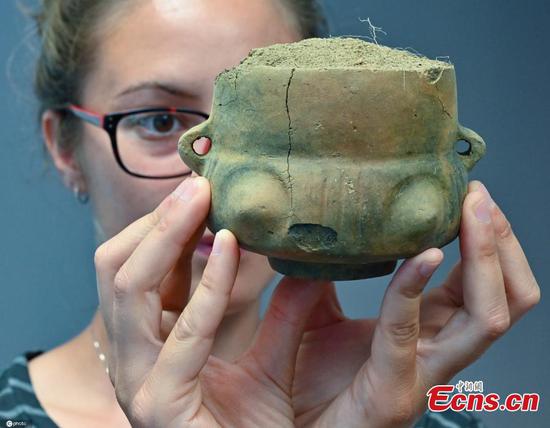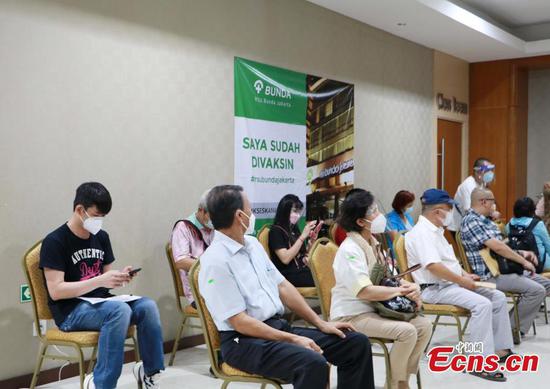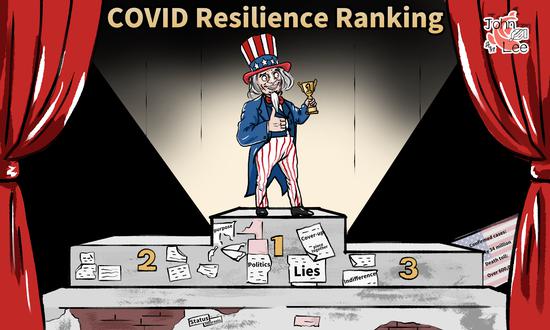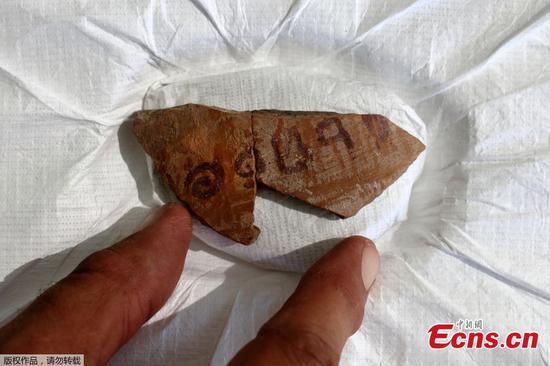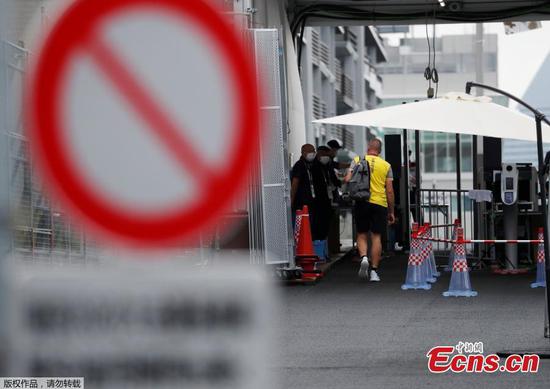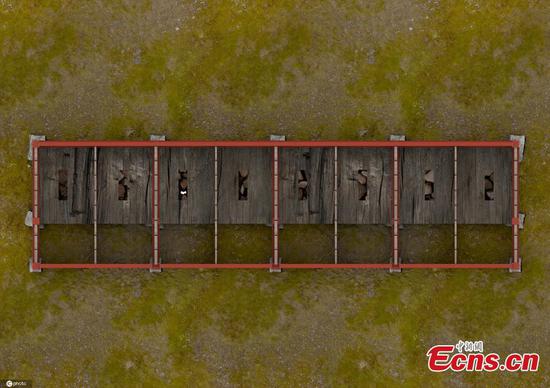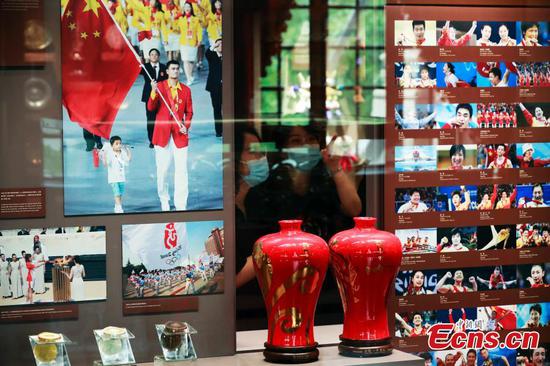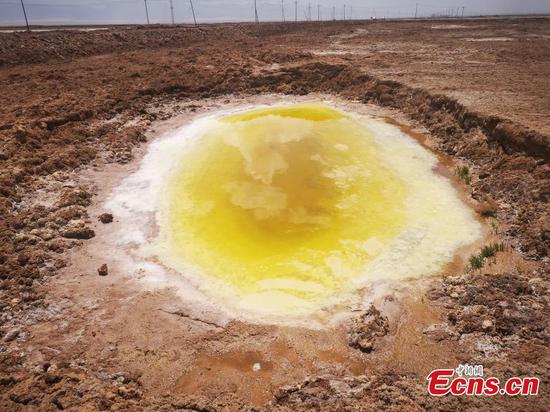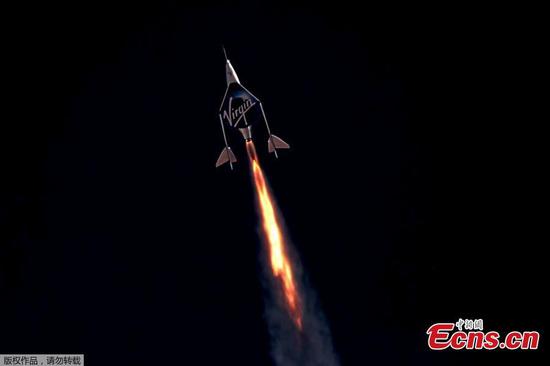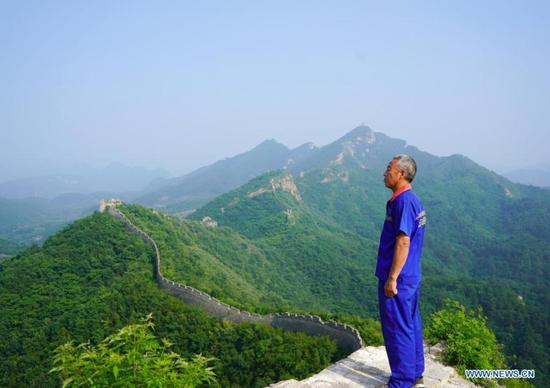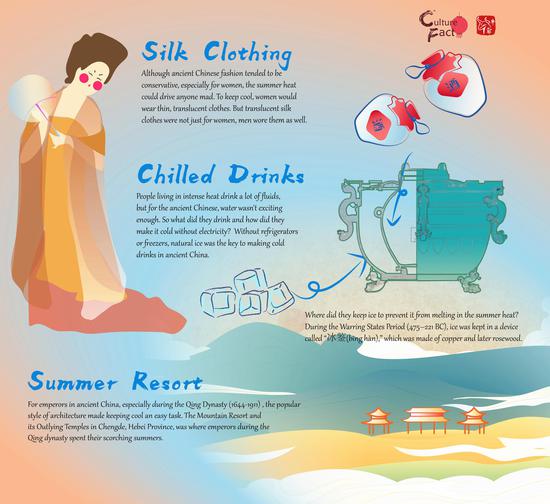
Indian and Chinese national flags flutter side by side at the Raisina hills in New Delhi, India, in this file photo. (Photo/Xinhua)
China-India ties are still at a low point, "which is not in the interests of either side", State Councilor and Foreign Minister Wang Yi told Indian External Affairs Minister Subrahmanyam Jaishankar on Wednesday.
During their meeting in Dushanbe, Tajikistan, Wang noted that since their September meeting in Moscow, front-line units of the two militaries have disengaged from the Galwan Valley and Pangong Tso Lake areas.
The overall situation in China-India border areas has generally been easing, Wang said.
Both countries bear increasingly important duties for peace and prosperity in their respective regions and in the world, and they should "place greater emphasis on the common strategic interests of both sides" and deliver more benefits to the two peoples, he said.
During the talks-held on the sidelines of a meeting of the foreign ministers of the Shanghai Cooperation Organization-both sides agreed that "the bilateral ties should move away from the current low point as soon as possible and achieve healthy, stable development", according to a Chinese Foreign Ministry news release.
Both sides encouraged moves to step up consultations on border affairs through existing mechanisms.
They agreed to build on the progress achieved and work to shift from tackling incidents to regular management and control in order to jointly maintain peace and tranquillity in the border areas.
Wang said China is not accountable for what happened at the border last year, and it is willing to embark on negotiations and consultations with India to seek a solution to problems that need to be tackled urgently.
He said the two sides should find a proper place for the border issue in the overall bilateral ties and create favorable conditions for resolving differences through negotiations by expanding cooperation.
It is necessary to build on the disengagement, strictly abide by the agreement and consensus and "not take any unilateral actions in sensitive and disputed areas" to avoid twists and turns caused by misunderstandings and misjudgments, he added.
The two sides "should take a long-term view" and prevent border-related incidents from causing unnecessary disturbance to bilateral ties, he said, adding that neither country should be a threat to the other, but rather provide an opportunity for each other's development, and China and India are partners, not rivals, let alone enemies.
The principles of China-India relations should continue to be mutual respect for sovereignty and territorial integrity, nonaggression, noninterference in each other's internal affairs and mutual respect for each other's core interests, Wang emphasized.
Jaishankar said the two major developing nations have much in common and should strengthen cooperation in many fields.
New Delhi has not and does not want to change its strategic definition of India-China ties, he added.
In another development, Wang met with Pakistani Foreign Minister Shah Mahmood Qureshi on Wednesday and said China will further provide COVID-19 vaccines to help Pakistan conquer the virus.
On the Afghanistan situation, Beijing and Islamabad agreed to step up coordination, guard against a resurgence of terrorism and advance peace and reconciliation there.
During another meeting with Afghan Foreign Minister Mohammad Haneef Atmar, Wang said China supports Afghanistan in cracking down on terrorism of any form, and the country should never be a place for terrorists to gather again.
China is ready at any time to offer a venue for negotiations among dignitaries from the Afghan nation, Wang added.












